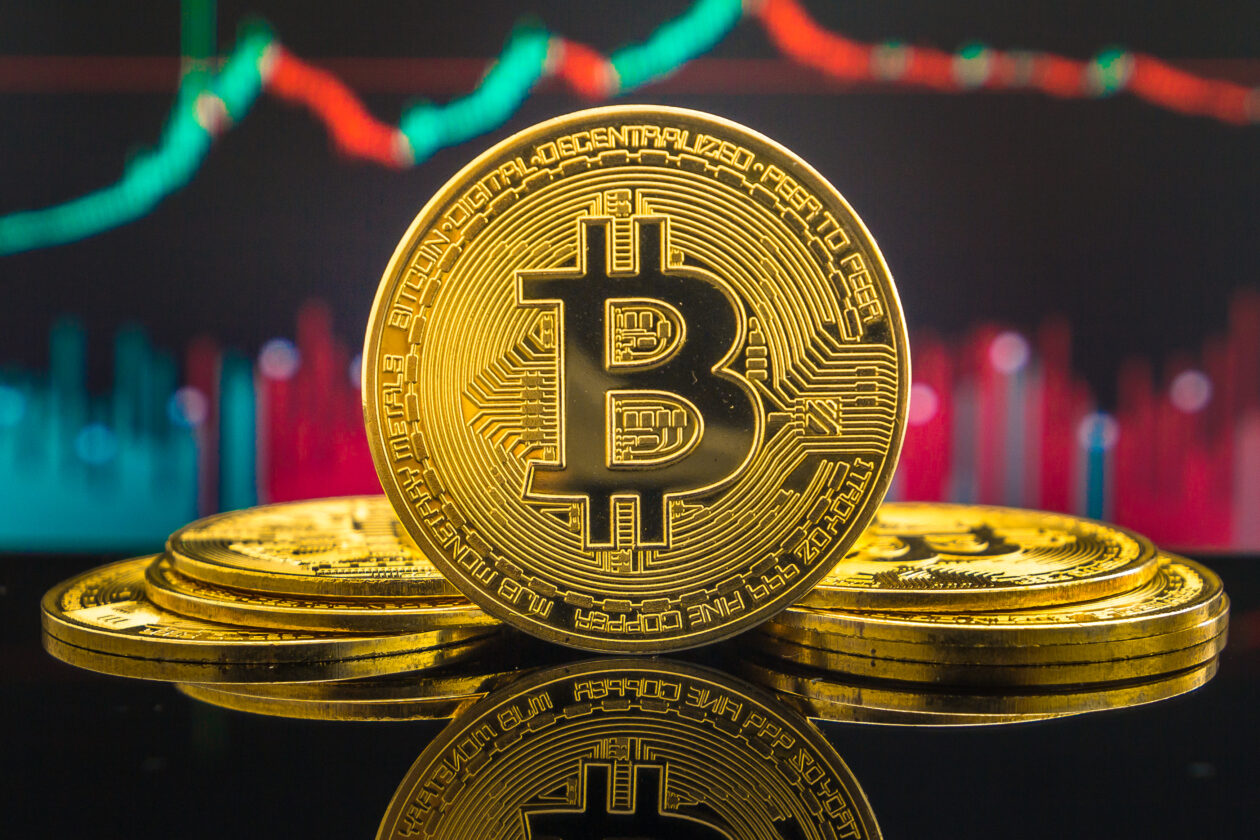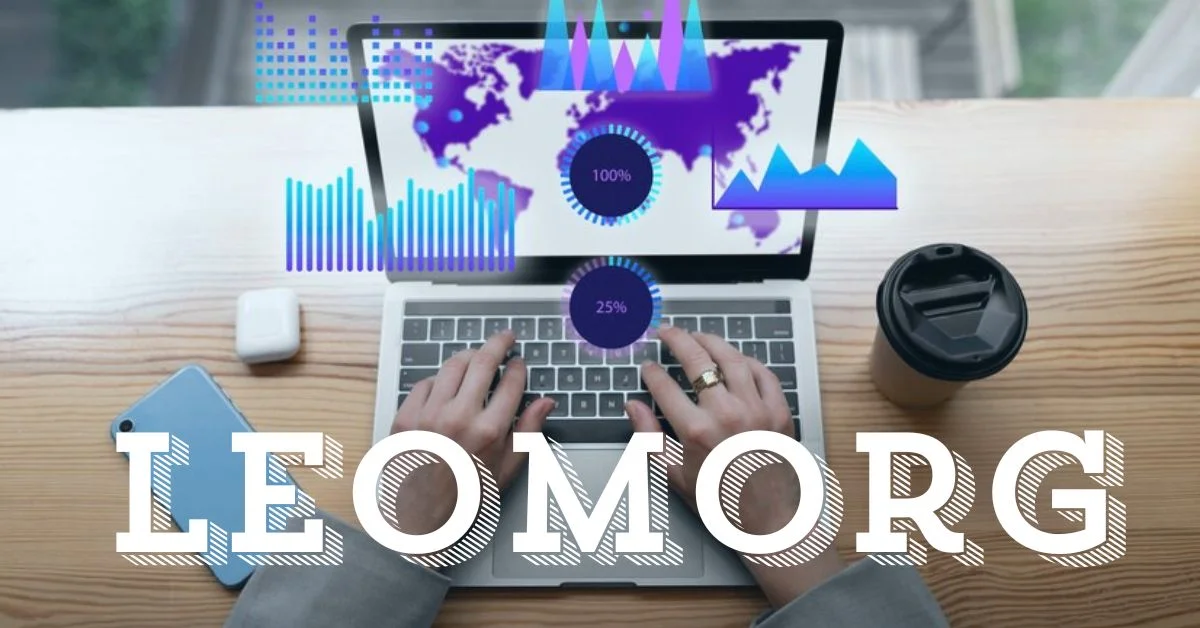In the ever-evolving panorama of journalism, certain articles stand out no longer best for his or her compelling content but additionally for the intensity of introspection they encourage. One such piece that has garnered enormous interest is a New York Times article targeted around the topic of asking a person in earnest. This article, laden with profound insights and actual-global applications, delves into the nuances of actual inquiry and the impact it can have on personal and expert relationships. This exploration isn’t simply approximately the act of asking but emphasizes the sincerity and aim at the back of the query, that can result in transformative results.
The Art of Asking in Earnest
At its middle, asking someone in earnest is about extra than simply seeking information. It involves a stage of vulnerability and openness that transcends casual communique. The New York Times article meticulously dissects this concept, highlighting how earnest inquiries can foster agree with, expertise, and deeper connections. The author underscores that earnestness is characterized with the aid of sincerity, seriousness, and a actual hobby within the other person’s perspective.
The Psychological Underpinnings
To respect the significance of asking in earnest, it is critical to understand the mental dynamics at play. The article references several psychological research that illustrate how people are stressed out to reply to genuine curiosity. This, in flip, turns on a tremendous comments loop, encouraging open and honest conversation.
This phenomenon, known as the "Benjamin Franklin impact," shows that human beings generally tend to like others more after they do favors for them, together with sharing insights or studies in response to sincere questions.
Practical Applications in Everyday Life
The New York Times article would not forestall at theoretical discussions; it provides practical recommendation on how to comprise earnest thinking into various elements of life.
Personal Relationships
In personal relationships, whether familial, platonic, or romantic, earnest questions can bridge gaps and resolve misunderstandings. The article shares anecdotes of individuals who have experienced profound shifts in their relationships through truly converting the way they requested questions.
For instance, rather than the habitual "How changed into your day?" an earnest inquiry is probably, "What changed into the spotlight of your day these days, and why?" This slight shift encourages the alternative person to reflect extra deeply and percentage significant experiences, thereby strengthening the bond.
Professional Settings
In the place of work, asking questions in earnest can enhance collaboration, innovation, and trouble-solving. The article highlights examples from main agencies where leaders foster a lifestyle of honest inquiry. This exercise now not simplest boosts employee morale but additionally ends in groundbreaking improvements.
The Impact on Society
Beyond personal and expert nation-states, the concept of asking in earnest has broader societal implications. The article argues that during an generation of polarized evaluations and superficial interactions, the ability to have interaction in honest communicate is extra important than ever.
Challenges and Misconceptions
Despite its numerous blessings, asking in earnest isn’t without its demanding situations. The New York Times article addresses not unusual misconceptions and boundaries that people face when attempting to ask honest questions. One fundamental undertaking is the concern of vulnerability. Many people are hesitant to invite earnest questions because they fear acting intrusive or overstepping limitations.
The article indicates techniques to overcome those fears, along with beginning with less personal questions and gradually building agree with.
Conclusion
In end, the New York Times article on asking a person in earnest provides a comprehensive exploration of this powerful conversation tool. Through a mix of psychological insights, sensible programs, and actual-world examples, the object illustrates how earnest questioning can remodel relationships, enhance expert environments, and make a contribution to a more empathetic society.







